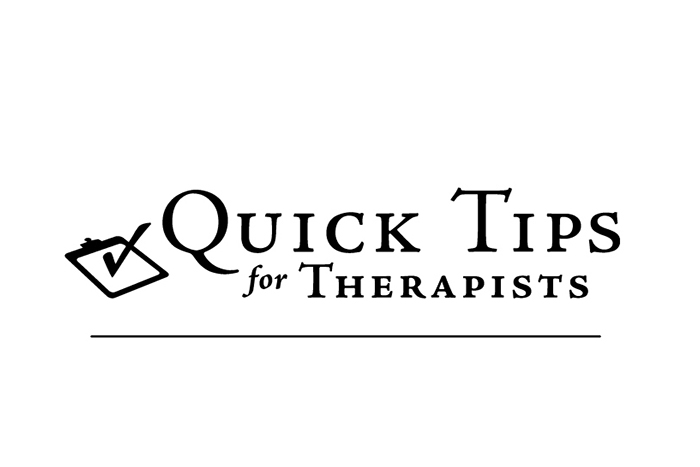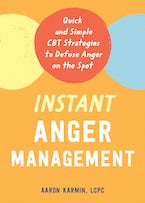If you ever feel unsafe, you are not required to work with a client. You are required to be ethical, but this doesn’t involve making yourself unsafe. It is appropriate to contact the client through email or phone and state that you are no longer able to meet with them. No explanations are needed. You can send a brief email that says, “Dear X, I regret to inform you that I am no longer going to be able to meet with you, and that our last appointment will be our last session. I had hoped I would be able to communicate this to you in person, but circumstances don’t allow me to do so. Below are some referrals to other therapists that you may contact to continue treatment as you wish.” I would not refer the client to an individual therapist, but only to larger agencies that have the ability to handle a client with a possible security risk and/or higher needs.
Different therapists are allowed to feel differently toward clients. It may very well be that another therapist would not feel unsafe around a given client, but that does not negate your experience and your need to feel safe and effective at your job. You know yourself best, and you know when it does not feel right. The issue is not whether the danger is real or not, but if you are able to maintain an effective therapeutic relationship.
Aaron Karmin, LCPC, is a licensed clinical professional counselor who earned his master’s degree through Roosevelt University in Chicago, IL. In addition, Karmin is a certified clinical hypnotherapist, and holds an advanced certification in stress management. He is author of The Anger Management Workbook for Men, and his approach focuses on identifying physical cues, recognizing thoughts, considering consequences, implementing solutions, choosing behaviors, and promoting expression.



 2024 Peace Playbook: 3 Tactics to Avoid Clashes with Your Partner
2024 Peace Playbook: 3 Tactics to Avoid Clashes with Your Partner